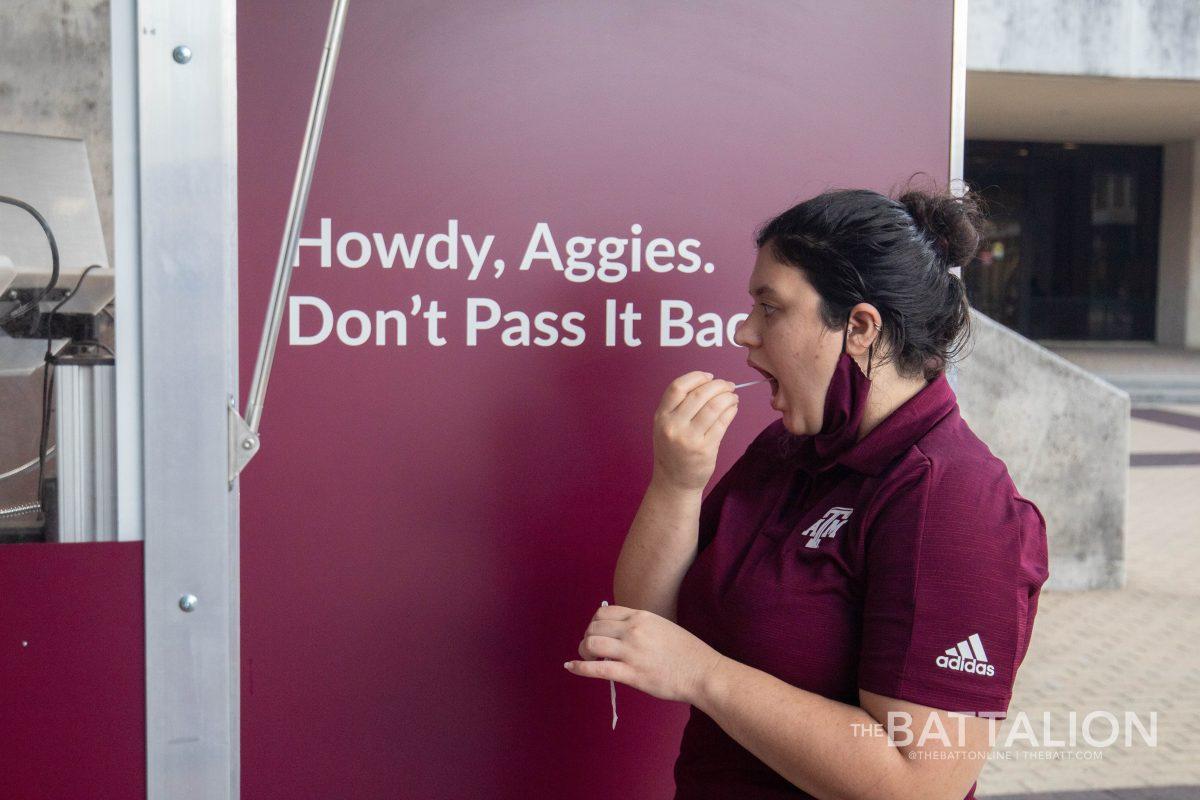As we break new daily records with nearly 100,000 new COVID-19 cases on Friday, Oct. 30, I can’t help but have a grim outlook. The week leading up to that Friday also had the most cases over any seven-day period since July. At 9.3 million COVID-19 infections, nearly three percent of Americans have been infected so far, with no clear end in sight.
As COVID-19 continues to be a part of our daily lives, we need to address the issues that may result in the long term. Dubbed, “long-haulers” some people have strangely continued to exhibit COVID-19 symptoms long after beating the disease. An Italian study found that 87.4 percent of coronavirus patients continued to exhibit at least one symptom two months after their initial infection. Common symptoms include fatigue, difficulty breathing, irregular heartbeat and neurological issues. Age, sex and preexisting conditions seem to increase the likelihood of having “long COVID.” This doesn’t mean young people and the healthy are entirely safe though. Just over one-quarter of infected people between the ages of 18 and 36 reported not recovering to their same level of health after no longer testing positive. We’ve even seen teenagers and children continue to display symptoms five to six months after initially beating the disease.
Tom Stayte is a former marathon runner. I say, “former” because daily burning pain in his limbs, numbness, general exhaustion and “brain fog” have halted his once active lifestyle. This prevents him, and patients like him, from living his life at the same quality he had before the virus. As doctors learn more about COVID-19, we now know that it can leave scars on not just the body but the mind as well. A recent study found 82 percent of patients experience some kind of neurological symptom with COVID-19. In the worst cases, this brain fog has presented itself as a sedated delirium, not unlike dementia.
COVID-19 isn’t unique in causing symptoms long after the initial infection. Conditions like shingles can lay dormant for decades and are a result of chickenpox. At the moment, the exact cause of long COVID is not known, but experts have found that its sufferers often have lesions and inflamed patches left behind on their lungs and heart. Additionally, some scientists believe, “cytokine storms” are to blame. Cytokine storms are an overreaction of the immune system to certain diseases. This reaction has also been linked to excess deaths and the reinfection of some individuals with COVID-19.
At this point, if you don’t believe COVID-19 is a public health crisis and something to be genuinely concerned about, there is probably little I can do to convince you. The only thing that might work is if you yourself become infected, which at the rate things are going is a distinct possibility. Those who have been the most averse to wearing masks and following proper COVID-19 preventative measures are a big part of why the virus is still around.
New Zealand, which took COVID-19 deadly serious, issued decisive, stringent lockdowns and created systems to closely track and predict the path of infections. They completely eliminated community spread and have begun to return to normal. By early October, it was one of the only countries in the world where you could attend concerts, surrounded by thousands of people.
The United States and its people have dropped the ball on this one. As a result, COVID-19 symptoms will continue to become a never-ending struggle in more lives. Since July, Houston resident, Brittani Castle has been dealing with debilitating symptoms; shortness of breath, digestive issues and a foggy memory. She is, “uncomfortable all day long.”
College students are not immune, even if we feel like we are. Last spring, Natalie Hakala was a collegiate middle-distance runner. Today, she struggles to breathe and is on a myriad of medications. A&M’s decision to continue in-person classes, resume football and other activities may directly harm its students. Halloween’s Midnight Yell Practice and the following football game showed students not properly social distancing, even when there is more than enough room in the stands to do so. It seems even the university will not enforce its own COVID-19 safety guidelines or care enough to not post blatant violations of it on its Twitter.
I get that it’s hard right now. Believe me, I’m exhausted too. I hate the isolation, the boredom, the loneliness and wish things would just go back to normal. But it can’t happen on its own. Right now, we need good leadership and common sense to prevail. A strict and closely monitored lockdown, in the style of New Zealand, is the only thing that will get us past this until a vaccine is available. Yes, it will initially hurt the economy. However, dragging this out for who knows how long has already proven to be far more harmful, not only for business but for our health and happiness as well. The longer we wait, the more people may be shackled to a lifetime of sickness and discomfort.





















